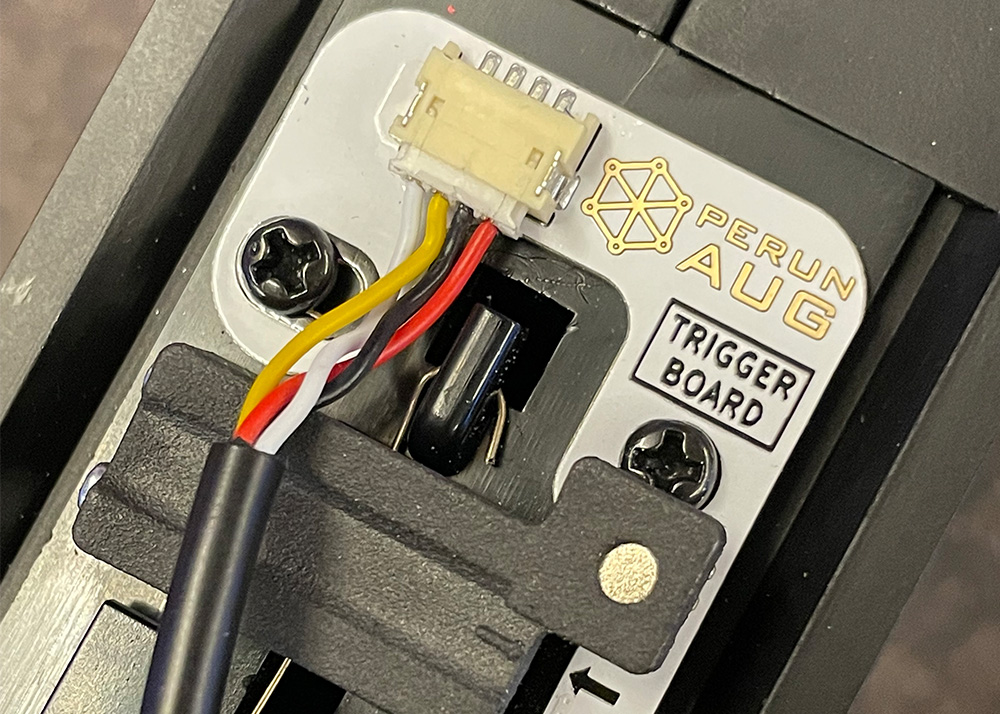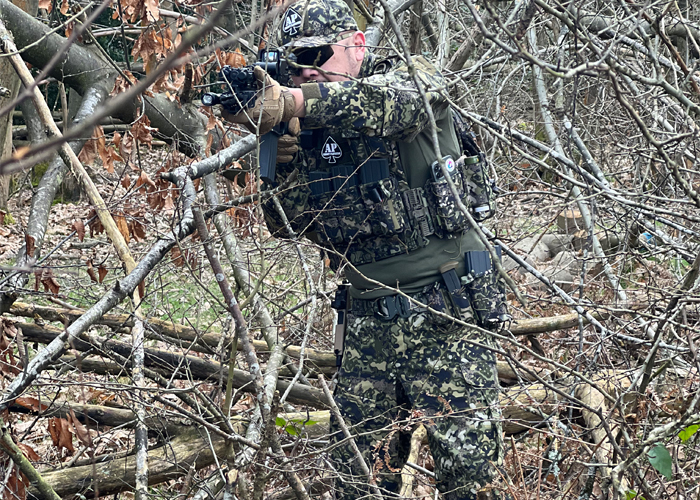Commentary on "How Technology Almost Lost the War: In Iraq, the Critical Networks Are Social — Not Electronic"
Anonymous (not verified)
03 Dec 2007

Reading on the latest Wired Magazine: Wired Issue 15.12 article on "How Technology Almost Lost the War: In Iraq, the Critical Networks Are Social — Not Electronic", I can't help but make a commentary on how the world's only superpower (though I dunno if Russia would dispute this) has been bogged down in building the peace in Iraq. With all its economic and technological resource brought to bear on one of the Middle East's richest nations since March 2003, it still is nowhere near its objectives of peace in the Middle East.
The article starts with how two US Armed Forces Officers, Navy captain Arthur Cebrowski and John Garstka, a captain in the Air Force, met and with their background in math and technology, began shaping the present military strategy of the US Armed Forces, with a "network-centric" approach at finding, fixing, and finishing-off the enemy in any battle, in any part of the world. This approach utilises all the technological advances developed by DARPA (the agency that brought about the Internet), and off-the shelf technology that can be found in Walmart and Radio Shack. This help shape the hard-striking, small, technologically smart, network aware, and highly mobile military that was embraced by ex-Defense Secretary Donald Rumsfield, and most in the Bush Administration. Thus, we have read about the Landwarrior project, and all those gizmos designed to give a "God's eye" over a battlefield, making the "Fog of War" disappear and achieve overall strategic and tactical superiority against any opposing military force.

Well, it was effective, no doubt about it. The Coalition forces steam-rolled into Baghdad in 2003 and overthrow Saddam Hussein, but after the proclamation of "Mission Accomplished" by President Bush, now over 4 years since the Abrams tanks entered Iraq, Iraq still remained a warzone, a very hot warzone.

Coalition forces still encounter IEDs, a hostile population, an economy that is in tatters, and enemies in most of the Muslim world. Oil prices rise whenever an oil pipeline gets blown-up, and Al Qaeda got a new playing ground after being pushed out of Afghanistan. Military and civilian losses have been piling up, and Americans, who overwhelmingly supported the war at its onset, are slowly thinking twice about the support they gave.

No, it's not another Vietnam-War as others say. It is more of a wrong approach as the US Armed forces became too dependent on technology, and began to trim down its armed forces after the Cold War. Its doctrine was still about conventional warfare, force-on-force, against a well-organised military organisation of another nation-state. It forgot that to win the war, one also has to win the peace, precision-guided munitions or not. It forgot to win the hearts and minds of the locale populace to achieve its objectives. That what matters most in winning the war in Iraq, and also in hotspots around the world, is to ensure that the economy and rule of law should be built, and the military should be rooted in the population of the vanquished country.

Perhaps America's military is starting to learn the human side of war, that it's not about kills and neutralisation of forces opposed to it. With the build-up of Human Terrain Teams (HTTs) comprised of sociologists, anthropologists, etc. trying to study the local populace to be able to point out how to gain the confidence and support of the population, it might be going in the right direction. But that is another story.
Go on reading the story at Wired.com, it gives you an understanding how wars should be really fought in the 21st Century.

















